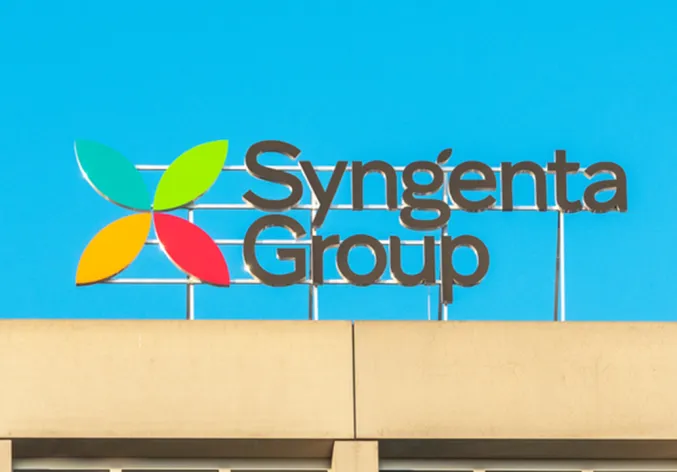EIU research: $2 trillion of new growth from rural economies possible by 2030
Basel, Switzerland
- Rural policy, infrastructure and land rights are key to realizing potential
- Investment in rural economies has great potential to stimulate global economic growth
Research released today from the Economist Intelligence Unit (EIU) shows that promoting rural development has the potential to unlock $2 trillion of annual economic output globally by 2030 – boosting rural GDP by more than 13 percent to around $17 trillion.
The research, entitled “Unleashing Rural Economies” and sponsored by Syngenta, models how global GDP, rural GDP and rural populations could evolve by 2030 under various scenarios. The research examines methods to develop stronger rural economic growth in six countries – Angola, Argentina, China, France, India and Nigeria. Conclusions of the research include the following:
- Policy. An increased and specific focus on rural development is essential in national policy.
- Land rights. Restrictions on land use or land rights and a lack of adequate land documentation result in significant underinvestment in agriculture.
- Operational infrastructure. Enhancing transportation, power and water infrastructure and more investment in rural supply chains, productivity improvements, roads and irrigation are all vital to achieve growth.
- Social infrastructure. Investment in healthcare and education, as well as in broadband internet and mobile communication networks could make rural areas significantly more productive.
Jonathan Seabrook, Head of Corporate Affairs, said: “Policymakers have an important opportunity to focus on rural development as a critical part of economic growth and social well-being. The conclusions of this research are aligned with our commitments under The Good Growth Plan. We are working with our partners around the world to develop rural communities and increase grower productivity. The research also confirms that investing in agriculture will be central to achieving the UN’s Sustainable Development Goals, notably regarding hunger, poverty and well-being.”
Brian Gardner, managing editor with the Economist Intelligence Unit, said: “This research highlights the sheer scale of growth that could be unlocked from rural areas. Getting the right social and operational infrastructure in place is vital but the potential upside is remarkable. Policymakers around the world need to re-evaluate what, too often overlooked, rural areas can contribute to their broader economies.”
To download the white paper click here: www.eiuperspectives.economist.com/sustainability/unleashing-rural-economies
About Syngenta
Syngenta is a leading agriculture company helping to improve global food security by enabling millions of farmers to make better use of available resources. Through world class science and innovative crop solutions, our 28,000 people in over 90 countries are working to transform how crops are grown. We are committed to rescuing land from degradation, enhancing biodiversity and revitalizing rural communities. To learn more visit www.syngenta.com and www.goodgrowthplan.com. Follow us on Twitter® at www.twitter.com/Syngenta
About The Economist Intelligence Unit
The Economist Intelligence Unit is the world leader in global business intelligence. It is the business-to-business arm of The Economist Group, which publishes The Economist newspaper. As the world's leading provider of country intelligence, The Economist Intelligence Unit helps executives make better business decisions by providing timely, reliable and impartial analysis on worldwide market trends and business strategies. More information about The Economist Intelligence Unit can be found at www.eiu.com or follow us on www.twitter.com/theeiu.
Cautionary Statement Regarding Forward-Looking Statements
This document contains forward-looking statements, which can be identified by terminology such as 'expect', 'would', 'will', 'potential', 'plans', 'prospects', 'estimated', 'aiming', 'on track' and similar expressions. Such statements may be subject to risks and uncertainties that could cause the actual results to differ materially from these statements. We refer you to Syngenta's publicly available filings with the U.S. Securities and Exchange Commission for information about these and other risks and uncertainties. Syngenta assumes no obligation to update forward-looking statements to reflect actual results, changed assumptions or other factors. This document does not constitute, or form part of, any offer or invitation to sell or issue, or any solicitation of any offer, to purchase or subscribe for any ordinary shares in Syngenta AG, or Syngenta ADSs, nor shall it form the basis of, or be relied on in connection with, any contract there for.



